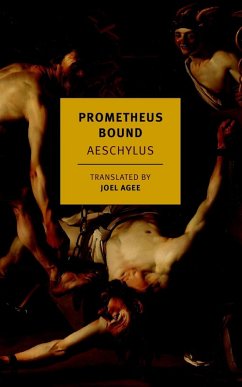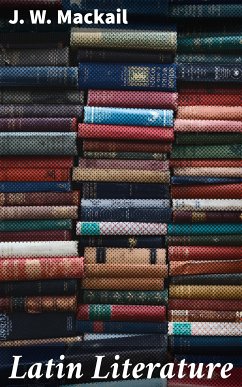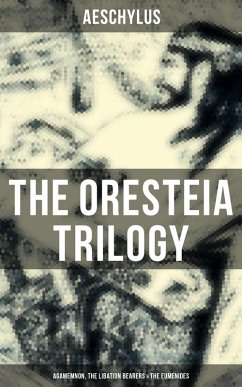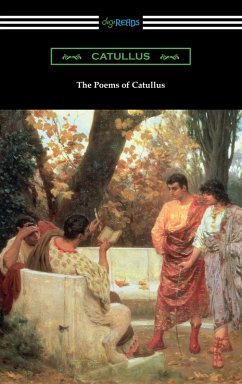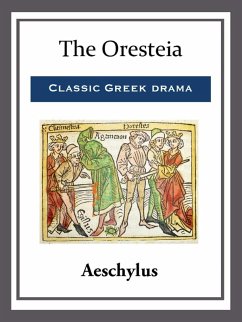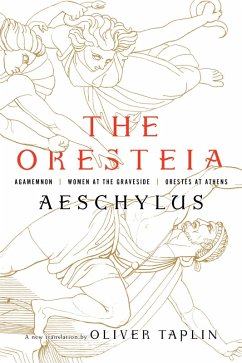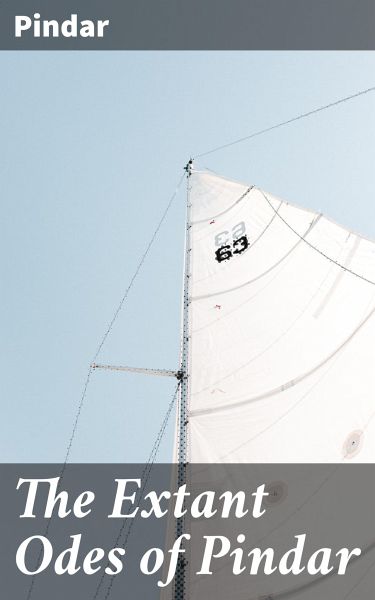
The Extant Odes of Pindar (eBook, ePUB)
Enriched edition. Translated with Introduction and Short Notes by Ernest Myers
Kommentar: Dunn, Julia / Redaktion: Good Press / Übersetzer: Myers, Ernest

PAYBACK Punkte
0 °P sammeln!
In "The Extant Odes of Pindar," readers are invited into the intricate world of ancient Greek lyric poetry, exemplified in Pindar's rich thematic explorations of athletic victory, mythological legends, and moral philosophy. Renowned for his complex metrical structures and elevated diction, Pindar utilizes a sophisticated style that marries fervent emotion with grand cultural narratives. The odes, originally composed for the victors of the Pythian, Nemean, and Olympic Games, reflect both the individual triumphs and the broader societal values of Classical Greece, making this collection a vital ...
In "The Extant Odes of Pindar," readers are invited into the intricate world of ancient Greek lyric poetry, exemplified in Pindar's rich thematic explorations of athletic victory, mythological legends, and moral philosophy. Renowned for his complex metrical structures and elevated diction, Pindar utilizes a sophisticated style that marries fervent emotion with grand cultural narratives. The odes, originally composed for the victors of the Pythian, Nemean, and Olympic Games, reflect both the individual triumphs and the broader societal values of Classical Greece, making this collection a vital artifact in understanding the interplay of personal glory and communal identity within the literary canon of antiquity. Pindar, often regarded as one of the greatest lyric poets of ancient Greece, thrived during a time of great political and cultural transformation in the 5th century BCE. His noble lineage and extensive travels allowed him to engage with a diverse array of Greek city-states, influencing his perspectives on competition, honor, and the human experience. This background not only enriched his poetic voice but also positioned him as a cultural ambassador, where his odes served both as celebratory tributes and moral reflections for his audience. For scholars and enthusiasts of classical literature alike, "The Extant Odes of Pindar" is an essential text that transcends its historical context to resonate with contemporary themes of achievement and legacy. This collection invites readers to experience the beauty and depth of Pindar's work, ultimately providing a profound understanding of the inherent human desire for recognition and the stories that shape our identities. In this enriched edition, we have carefully created added value for your reading experience: - A comprehensive Introduction outlines these selected works' unifying features, themes, or stylistic evolutions. - The Author Biography highlights personal milestones and literary influences that shape the entire body of writing. - A Historical Context section situates the works in their broader era-social currents, cultural trends, and key events that underpin their creation. - A concise Synopsis (Selection) offers an accessible overview of the included texts, helping readers navigate plotlines and main ideas without revealing critical twists. - A unified Analysis examines recurring motifs and stylistic hallmarks across the collection, tying the stories together while spotlighting the different work's strengths. - Reflection questions inspire deeper contemplation of the author's overarching message, inviting readers to draw connections among different texts and relate them to modern contexts. - Lastly, our hand-picked Memorable Quotes distill pivotal lines and turning points, serving as touchstones for the collection's central themes.
Dieser Download kann aus rechtlichen Gründen nur mit Rechnungsadresse in A, B, BG, CY, CZ, D, DK, EW, E, FIN, F, GR, H, IRL, I, LT, L, LR, M, NL, PL, P, R, S, SLO, SK ausgeliefert werden.





